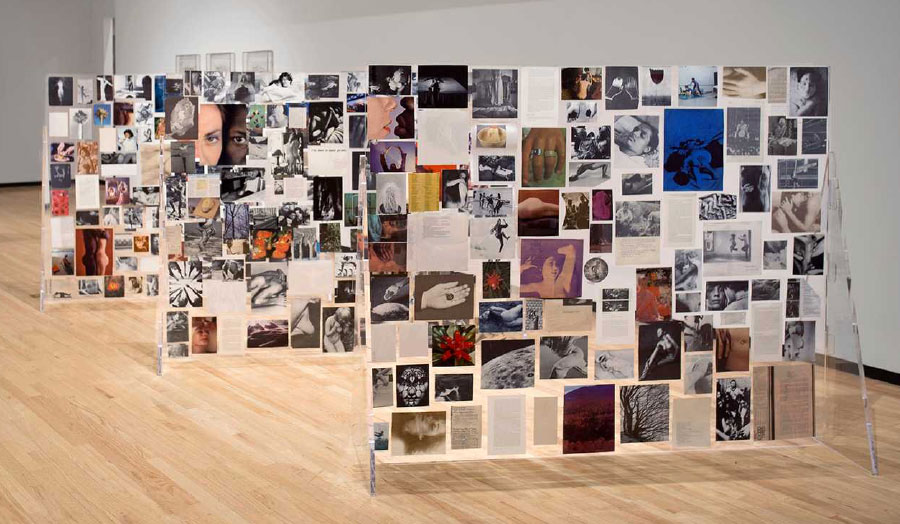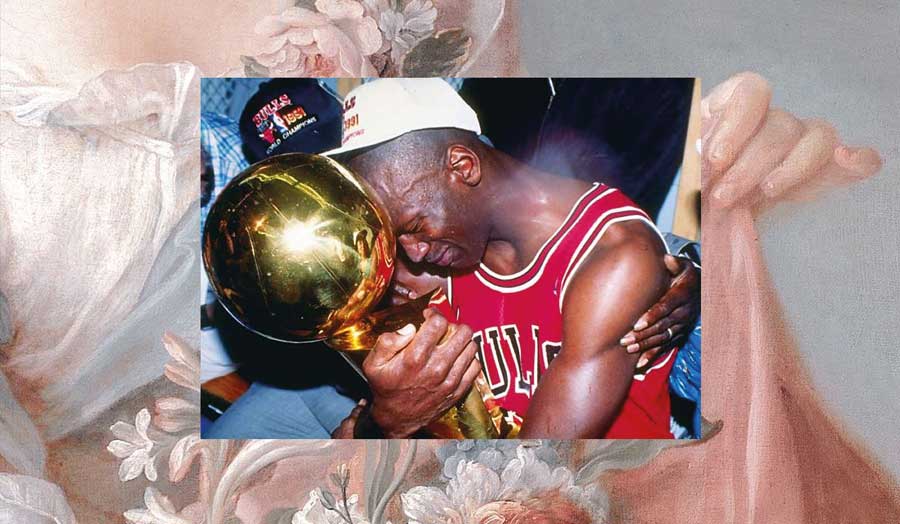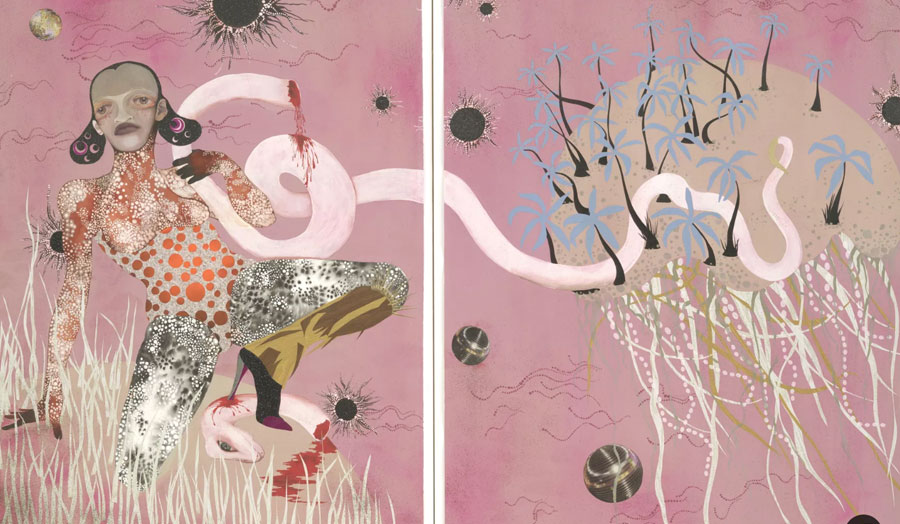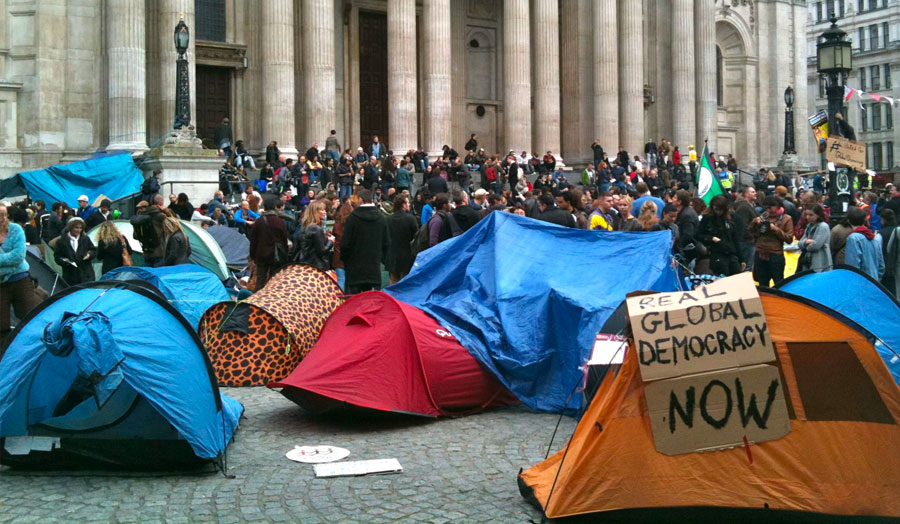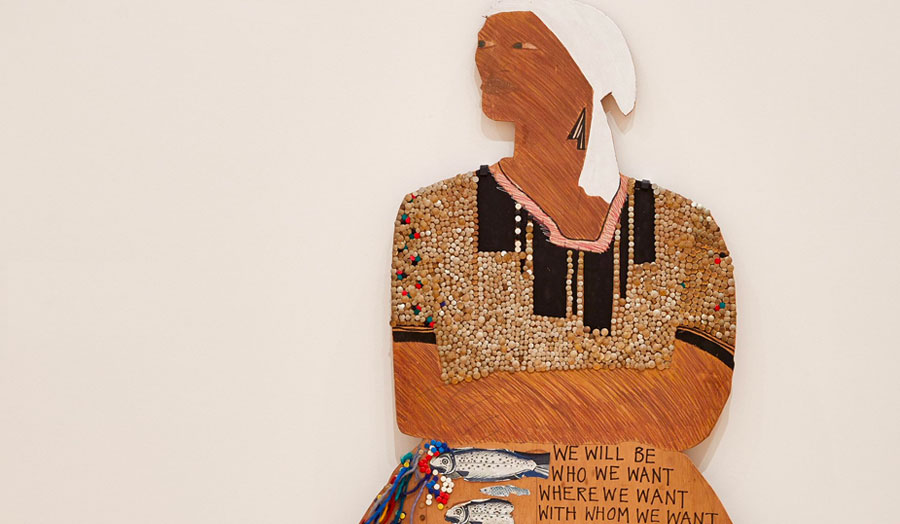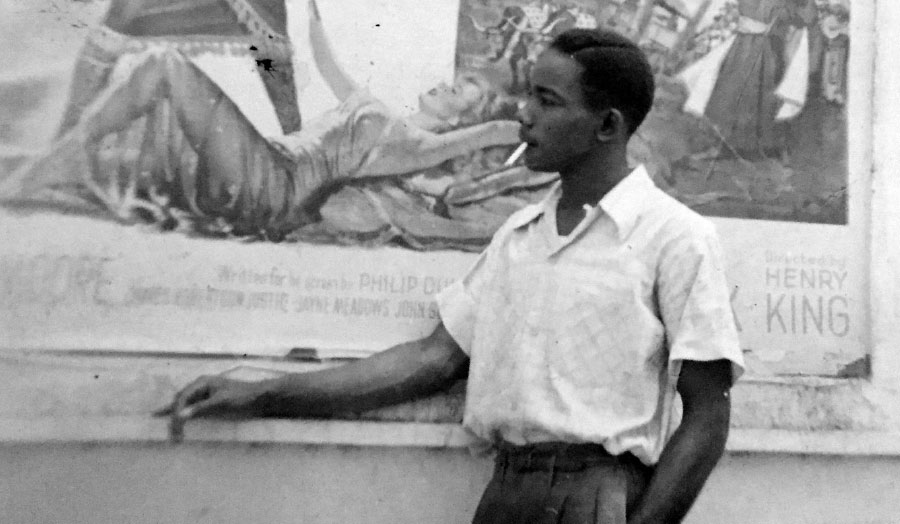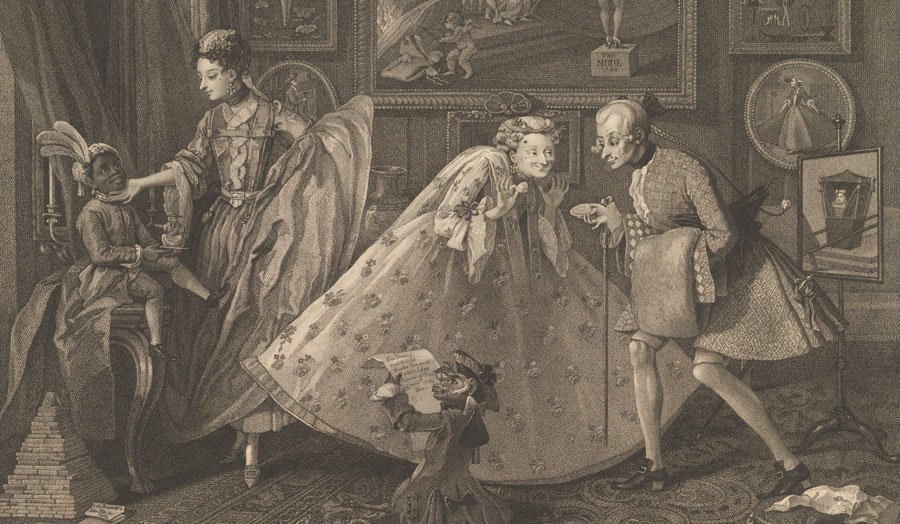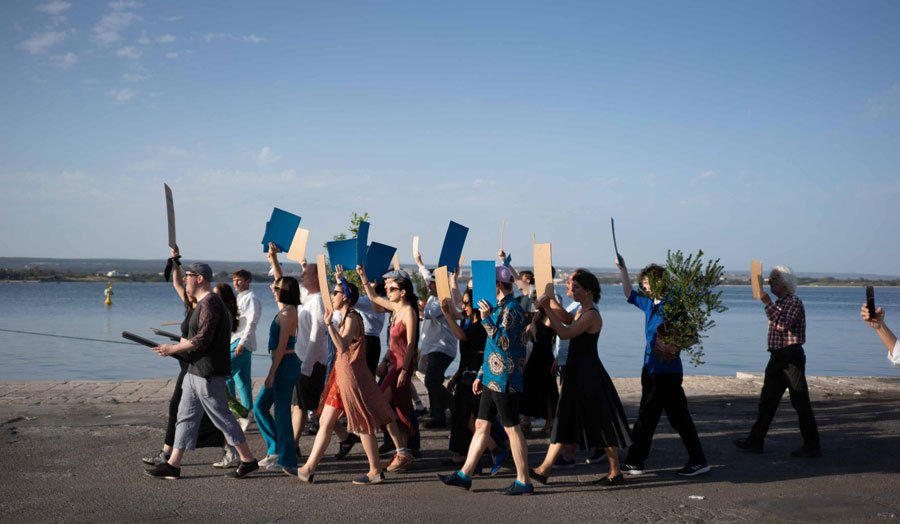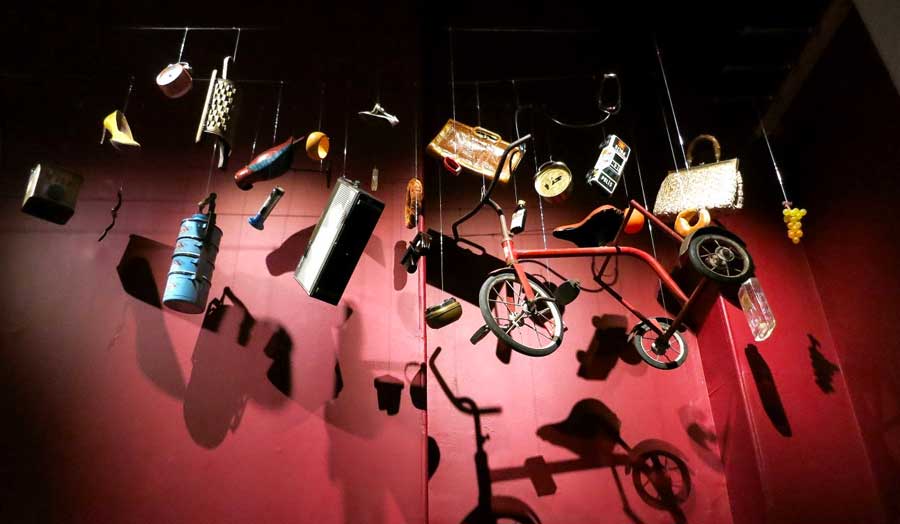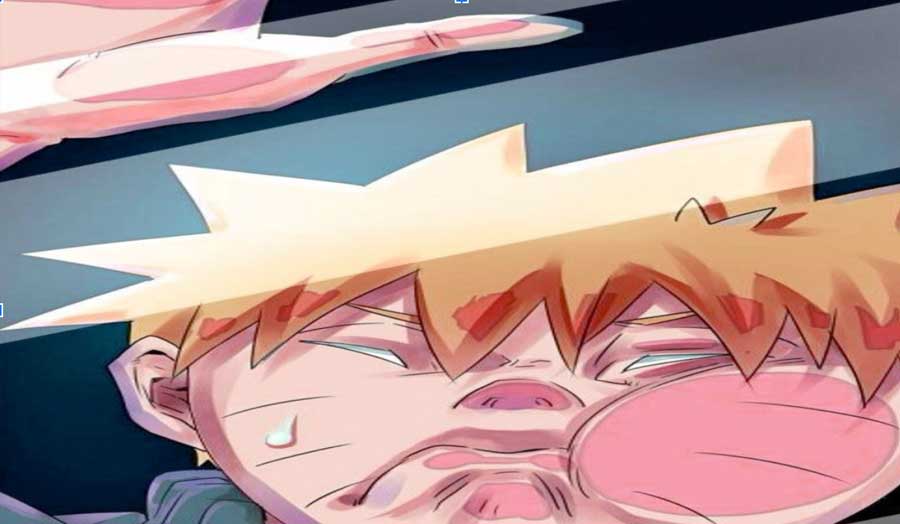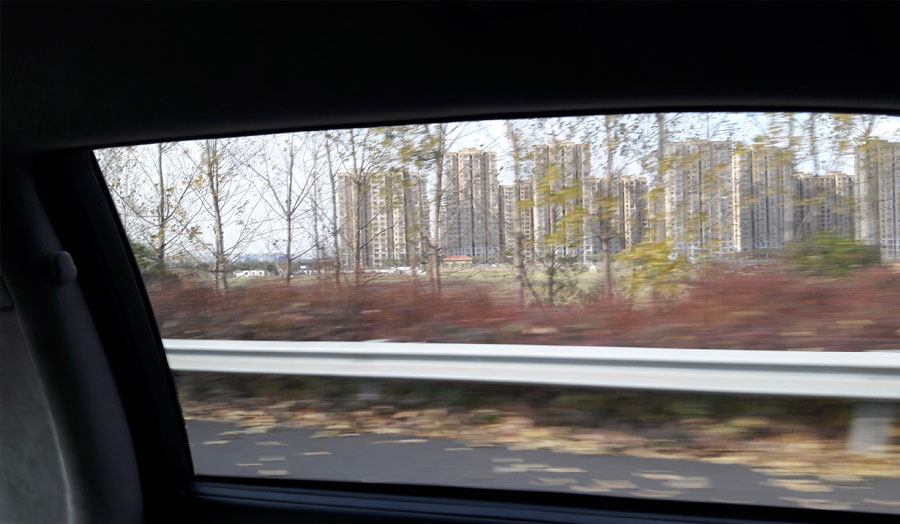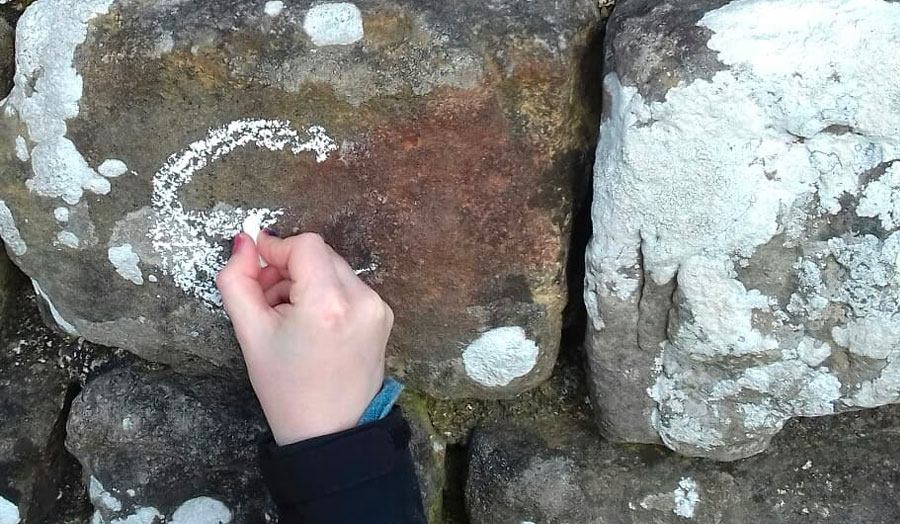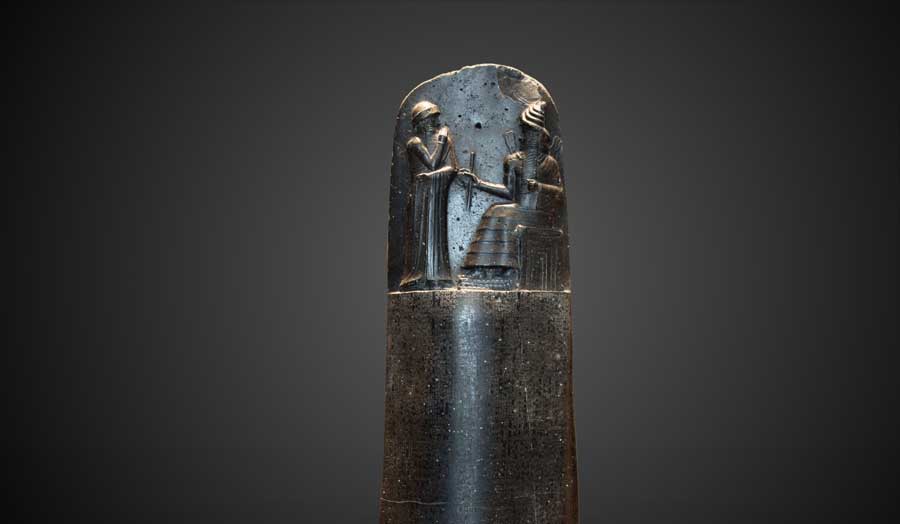Christina Paine
This cross-disciplinary studio considers how power, culture, politics, identity, representation, activism, social media, and mass culture theory intersect with a range of arts practices, including photography, architecture, design and fine art, film studies, fashion and music, sound, pop art and theatre. Artistic practices intersect, transgress and connect with social and political change in both local and global political landscapes, creating new meanings through the circulation of mass media, images, text, and public performances, by politicians, artists, designers, and performers and audiences.
Social media is now core to our understanding of the world, and the events and practices which shape our identities, and many artists, designers and musicians use social media platforms to empower and educate and powerfully perform the self. Social media functions as a primary way of forming the self and of interacting with larger societal and political issues in a direct and visual way. The conjunction of arts with social media enables new forms of art to be made, with a worldwide reach, revealing the current political climate as one of elite power, racism and sexism. In this way, artists’, performers’, and designers’ outputs can powerfully reflect and respond to issues of identity politics and social change. Issues of gender, race, disability, class, anti-capitalism and politics are examined as stereotypical representational lenses.
This studio enables a wide variety of exciting studies to be undertaken: it considers how various political and cultural perspectives have shaped creativity and performance, historically and contemporaneously, and examines our responses to those, often through artistic activism. We address current political issues taking place. These include national identity and Ukrainian political art, Russian protest movements and the cost of living crisis. In previous years, we have addressed important issues such as the Black Lives Matter (BLM) movement, the Covid-19 pandemic and child marriage protests in Afghanistan.
We have looked at fast fashion and politics, through the careers of fashion designers such as Coco Chanel revolutionising clothes for working women and Law Roach, who is renowned for his passion for giving Black people opportunities within the fashion world. As well as exploring artists, activists and musicians such as Santiago Sierra, Nan Goldin, Public Enemy, Nina Simone and Fela Kuti who emblematise or, through their artistic practice, represent the struggle of marginalised people against societal oppression.
A transformational coaching approach and pedagogies such as reflective practice, spiral learning and in-depth discussion are applied, providing students with transferable skills which can be used after graduation in professional practice, through joyous research. Teaching is through lectures and seminars and tutorials. Key concepts in cultural studies, historical studies and media studies will aid your exploration of your chosen topic. You will examine with your Studio Leader a range of research methods, cultural theories, and approaches, and consider the politics of creative practice and critical thinking. The studio encourages students to take control of their learning and targets brave discussion and issues of equality. Previous dissertation topics have included safe spaces for queer artists, women in architecture, endometriosis, the (mis)representation of queer women in art and media, identity, feminism, the civil rights movement and pole dancing. As a lecturer and student, I myself understand and have experienced the anxieties and confidence issues associated with higher education studies and have developed successful working methods to break through this. This studio promotes equality, justice and inclusivity, accessible to and suitable for students from a wide range of backgrounds and across all of our art, architecture and design courses.
Indicative reading list
- Invisible Women, Caroline Criado Perez
- Representation: Cultural Representations and Signifying Practices, Stuart Hall
- Why I’m No Longer Talking to White People About Race, Reni Eddo-Lodge
- Queer City, Peter Ackroyd
- The Importance of Music to Girls, Lavinia Greenlaw
- Disability Visibility, Alice Wong
- The Sound of Being Human: How Music Shapes Our Lives, Jude Rogers
- Towards Gender Equality in the Music Industry: Education, Practice and Strategies for Change, Sarah Raine and Catherine Strong
- Marxism and Disability, oddy Slorach
- Singing for Equality: Musicians of the Civil Rights Era, Diane C Taylor
- Study in Culture, Giles Middleton
- Very Capitalist Condition: A History and Politics of Disability, Roddy Slorach
- Race Matters, Cornel West
- Where are the Women Architects?, Despina Stratigakos
- Disability and Art History, Ann Millett-Gallant
- Extra Bold – A Feminist, Inclusive, Anti-racist, Nonbinary Field Guide for Graphic Designers, Multiple Authors
- Race and Modern Architecture, Irene Cheng
- Making Space: Women and the Women and the Man-Made Environment, Matrix
- The Mixed-Race Experience: Reflections and Revelations on Multicultural Identity, Natalie Evans
- The Art of Feminism (Updated and Expanded): Images that Shaped the Fight for Equality, Helena Reckitt
- Welcome to the Jungle: New Positions in Black Cultural Studies, Kobena Mercher
- Gender Trouble, Judith Butler
- Music in Words, Trevor Herbert (Referencing Book)
Links
- Music Equality Forum
- Access All Areas Music Industry Groups gender equality pledge article
- Race and Identity – Art history teaching resources
- All Things Equal website
- Equality Time website
- Equality and diversity in classical music
- WOMEN COMPOSERS ARE MOVING APM MUSIC LIBRARIES TOWARD EQUALITY
- International Study Spotlights Striking Lack Of Diversity In Classical Music Performance
Image: Anonymous stencil of a quotation from a letter from Leopold 1 of Belgium to his niece, Queen Victoria. Available: Beware of Artists & Things You Want to be True
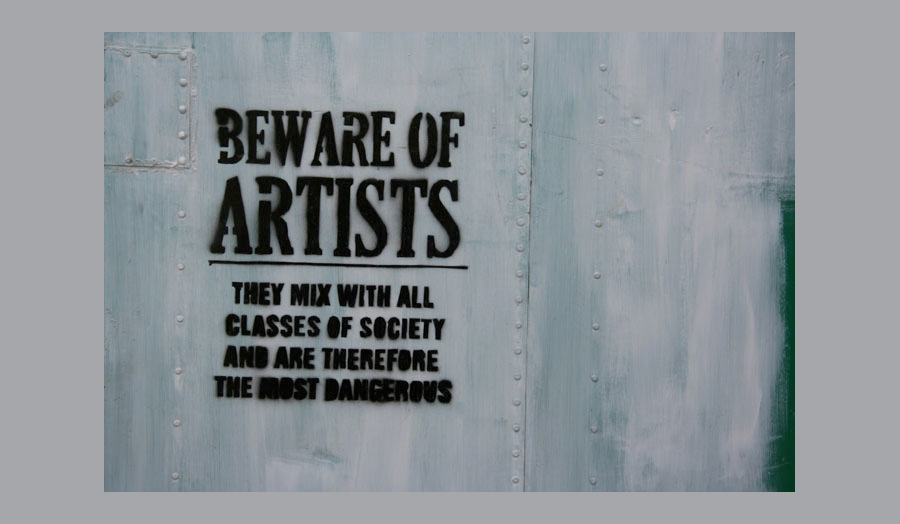
Details
| Tutor | Christina Paine |
|---|

